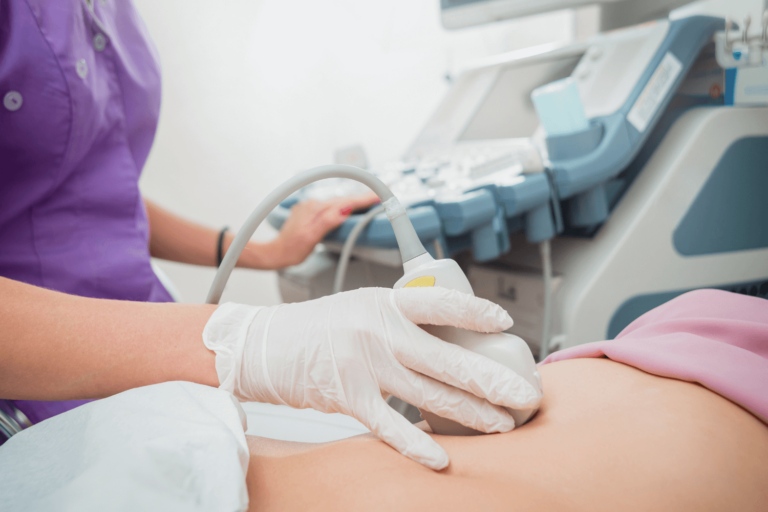If you’ve recently had unprotected sex or suspect that your contraception may have failed, you might find yourself wondering how soon you can take a pregnancy test. The timing of a pregnancy test is crucial to obtain accurate results. In this blog post, we will explore the appropriate timeframes for taking a pregnancy test after sex to help you navigate this uncertainty and gain clarity about your potential pregnancy.
Timing of a Pregnancy Test
To understand the timing of a pregnancy test, it’s essential to know the role of pregnancy hormones in the detection of pregnancy. After fertilization occurs, a developing embryo releases a hormone called human chorionic gonadotropin (hCG). This hormone is what pregnancy tests detect to confirm pregnancy.
The timing of when you can take a pregnancy test after sex depends on a few factors:
Sensitivity of the Test
Different pregnancy tests have varying levels of sensitivity to hCG. Some tests can detect lower levels of hCG, allowing for earlier testing, while others require higher concentrations of the hormone.
Regular Menstrual Cycle
The timing of your menstrual cycle plays a role in determining when to take a pregnancy test. If you have irregular periods or are unsure about your cycle, it may be more challenging to pinpoint the appropriate testing time.
Pregnancy Test Accuracy

To increase the accuracy of your pregnancy test after sex, it is generally recommended to wait until after a missed period. However, newer tests on the market claim to offer accurate results even earlier. Here are some general guidelines:
Early Testing
Some pregnancy tests advertise the ability to detect pregnancy several days before a missed period. These tests may claim to provide accurate results as early as 6-8 days after conception. However, it’s important to note that hCG levels are typically low during this early stage, and false negatives are more likely. For the most reliable results, it’s best to wait until after a missed period.
Missed Period
Waiting until after a missed period is a reliable indicator for testing. Most home pregnancy tests are designed to detect hCG levels around the time of your expected period. Testing around this time can provide accurate results, minimizing the chance of a false negative.
Testing Too Early
Taking a pregnancy test too soon after having sex or before a missed period can yield inaccurate results. It’s essential to follow the instructions provided with the specific test you choose and consider waiting for the appropriate timeframe to increase accuracy.

If you receive a negative result but continue to experience pregnancy symptoms or your period does not arrive, consider repeating the test after a few days or consulting with a healthcare professional. hCG levels can vary significantly from person to person, and testing too early can lead to false negatives.
Timing is crucial when it comes to taking a pregnancy test after sex. While some tests claim early detection, waiting until after a missed period provides the most reliable results. Remember, hCG levels can vary among individuals, and false negatives are possible if testing is done too early. If you have concerns about pregnancy or uncertainty about your test results, reach out to a local pregnancy center. They usually provide free pregnancy tests and confirmatory ultrasounds.




